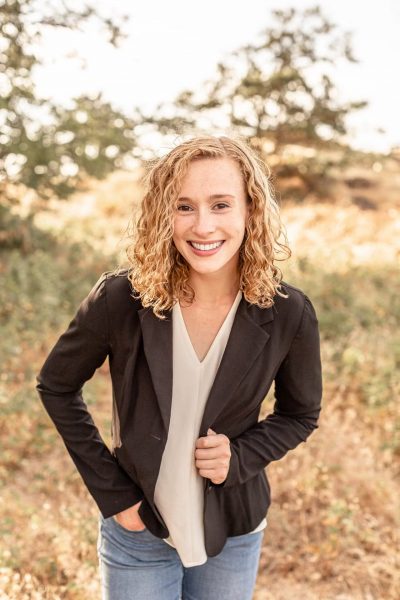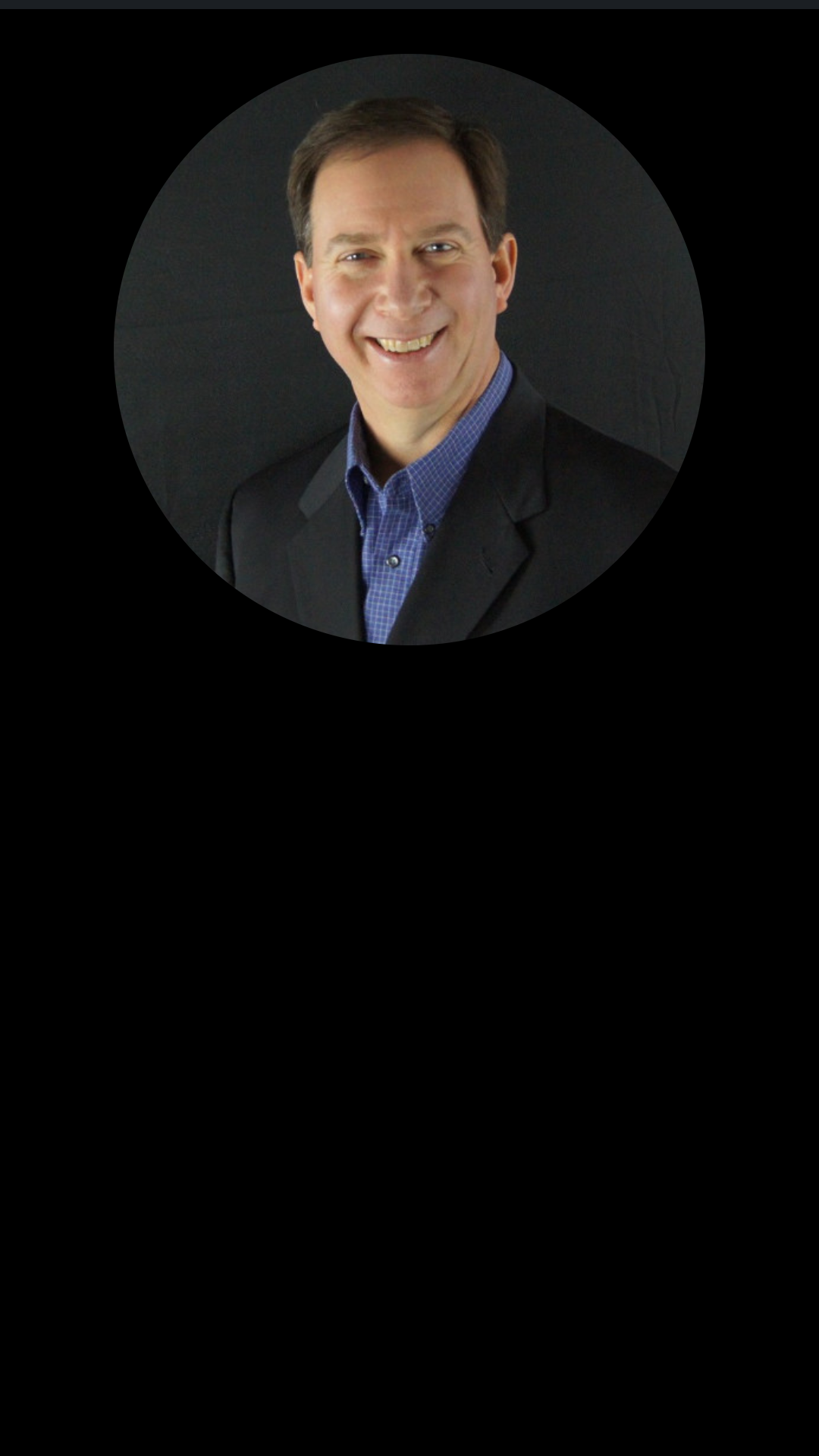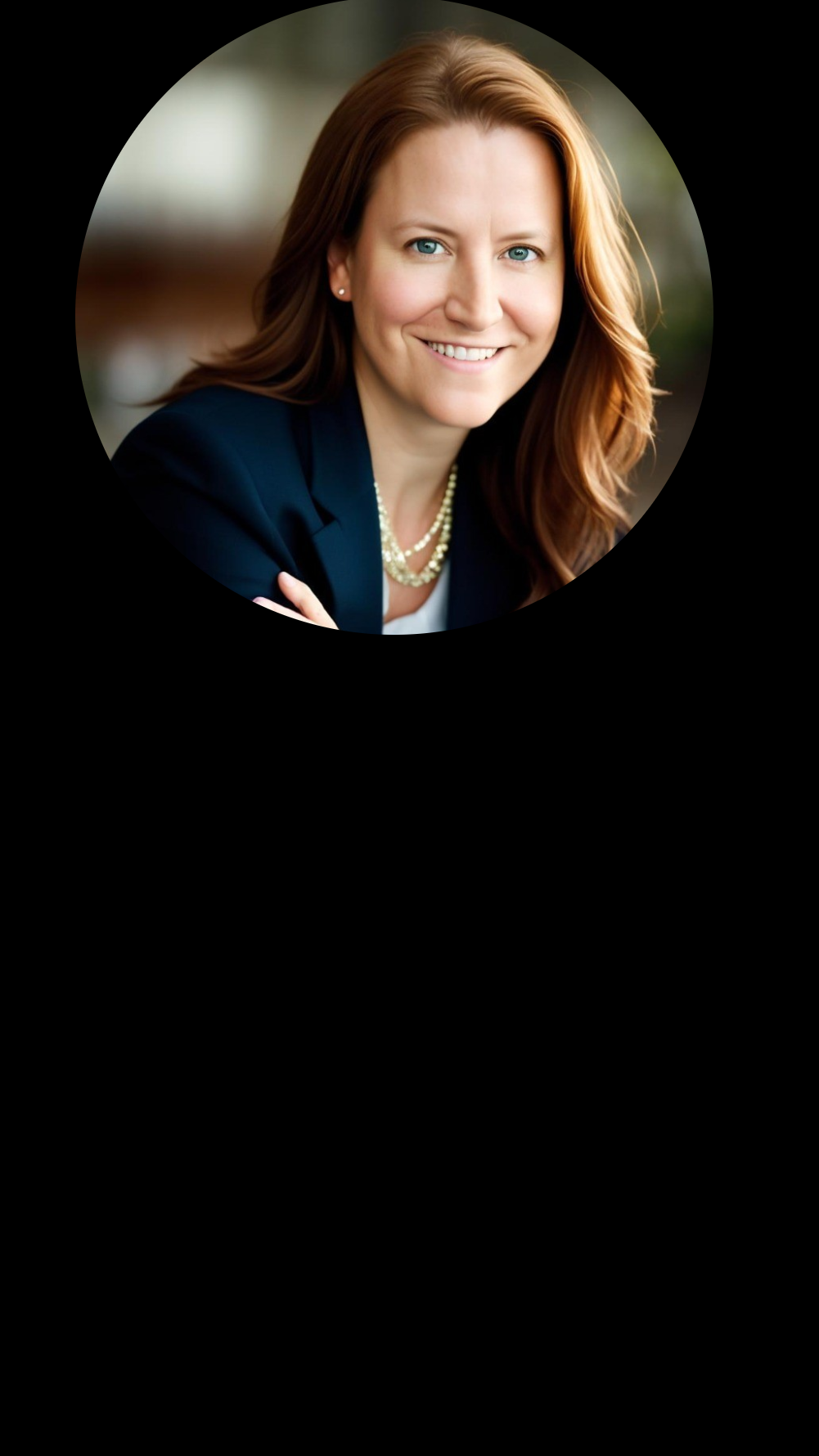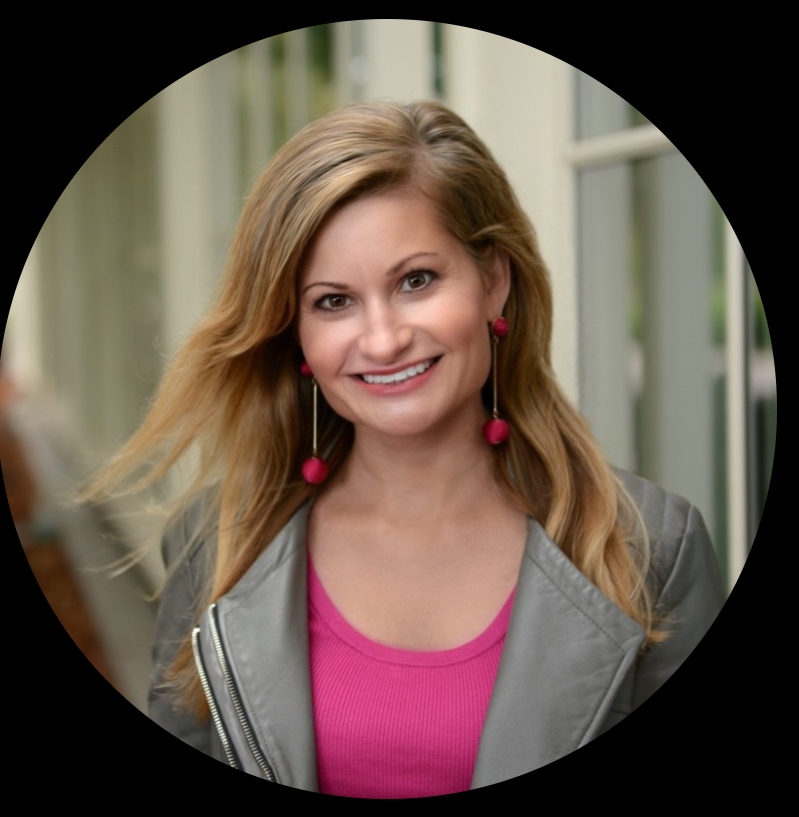Jessi Beyer is a Mental Health Keynote Speaker and the #1 Best-Selling Author of How To Heal: A Practical Guide To Nine Integrative Therapies That Can Help Release Trauma. Her passion is helping trauma survivors and their loved ones find a path to healing outside of traditional talk therapy. While talk therapy is very successful for some people, it isn’t the best fit for others, and she believes that everyone should have multiple effective options for healing presented to them. She shares this message through her book, her media interviews, and her speaking. She has had the pleasure of collaborating with dozens of conferences, organizations, and college campuses on keynote speeches and workshops, and says that, “ I can’t wait to take this mental health education and advocacy to even more groups in the coming years!”
What were your initial years of growing up like? Tell us about your life before starting your professional journey/venture/initiative and what inspired you to choose this career.
I had a pretty idyllic childhood. I really did grow up running around barefoot in an apple orchard, and I’m so thankful I had the nature-based childhood that I did. In terms of what led me to my current career, I had my own struggles with mental health that I overcame. I think many of us who work in mental health have some type of personal struggle like that. For me, when I was in high school, I struggled with depression, anxiety, self-harm, and disordered eating, and I was also in a relationship with someone who struggled with his mental health. That relationship unfortunately ended with his suicide attempt. I was the one who called the police to intervene and prevent him from killing himself, and that night took a long time for me to heal from. I went to one day of talk therapy and was so uncomfortable with it that I literally ran out of the building and never went back. That meant that I spent the next couple of years navigating the healing journey by myself. Any healing journey is going to be a roller coaster, but I believe that I would have had a much smoother and faster healing journey if I had some form of professional support or guidance along the way.
When I got to college, I studied psychology, and a nature-based therapies class that I took really charted the way for the career and business I have now. I had no idea that therapies besides talk therapy existed, and when I started digging into the literature on these different types of natural and integrative therapies, I knew that they could help so many people if only survivors of trauma and mental illness knew they existed. It was that mission that led me to start writing and speaking about integrative trauma healing, and now here we are!
Was there any turning point in your life that changed your journey? If so, what was it? Please tell us the backstory behind it.
There definitely was. By the time I graduated college, I had finished writing my book manuscript, and after querying over 100 literary agents, I hadn’t found anyone who was interested in working with me to publish my book. I decided to shelve the manuscript until I could build up a bigger audience and maybe catch the attention of a literary agent or publisher; in the meantime, I was going to focus on my fledgling public speaking career. I ended up hiring a publicist for a full-day 1:1 consultation with the hopes of generating more leads through media relations for my speaking business, and while that goal was largely unmet by the end of our consultation, she did plant the seed in my mind about self-publishing. Over the next six months, I threw myself into the self-publishing process, including book cover design, gathering endorsements, and creating and implementing my launch marketing strategy. Without that publicist giving me the push toward self-publishing, I probably never would have released my book, and without my book, I absolutely would not have the career that I have today.
Tell us about your goals, interests, and role models.
Professionally, my goal is to help as many people as possible find a path to trauma healing that’s right for them. That will probably look like a combination of writing more, doing more interviews, speaking on more stages, and more that I likely haven’t even thought of yet. I’d also love to expand the mental health education work I do to first responders and military service members, as those are populations near and dear to my heart.
Outside of work, I spend a lot of time running and hiking with my dog, and we train in search and rescue together. I also enjoy crosswords, baking, and procuring as many sets of cozy pajamas as I can get my hands on.
In terms of my role models, I really look up to accomplished researchers like Brene Brown and notable public speakers like Mary Kelly. I also have role models who are closer to me personally, like my mom and, yes, my dog. I believe that if we could all be a little more like our pets, the world would be a happier and kinder place!
Everyone has their own set of challenges when starting an entrepreneurial journey. Still, the most essential part for others to learn is how you deal with those. Would you like to share with us your challenges and your coping mechanisms?
One of the biggest challenges I’ve faced is the criticism that comes with being public, pitching yourself, and putting yourself out there. A misconception I had is that nasty comments and emails only came in when you were really, really famous, but that’s certainly not the case. It can and does happen on an Instagram reel that gets 1,000 views, for example. I don’t say this to deter someone from sharing their message; I only say this to prepare someone so they don’t think it’s only them who’s receiving that kind of negative feedback.
In order to handle these types of situations where I may feel particularly affected by a negative comment or email, I keep a folder of all the good things people have said about me, such as testimonials from past clients or kind DMs I’ve gotten on social media. It may seem kind of vain, but when I can compare that one nasty comment to the dozens or hundreds of nice messages I’ve gotten from people, it reminds me that I really am out there doing good work and making an impact on people.
What impact do you feel you have been able to create with your work so far and how would you want to grow in the next few years?
The story I like to tell is that, when I set out to publish my book, I wanted to change one trauma survivor’s life – just one. I hosted a book launch team, where all my friends and family came together to help spread news of my book, and in exchange, they got early access to read it. During that launch team period, one of my friends left me a multi-paragraph Facebook comment about how my book changed the way she viewed her trauma and helped her understand herself so much better. Because of her and that comment, I knew I had achieved my goal before the book even came out.
Since then, I’ve had the opportunity to reach thousands of readers and present to thousands of individuals around the world, and I’ve loved to have conversations with people after they read my book or see me speak about how they’ve never heard someone speak so openly about mental health and how they now feel like they can do the same, support a friend who’s struggling, or reach out for help themselves. It’s really in those individual conversations that I see the impact I’m making. My goal for the next few years is to continue to speak and continue to do interviews so that I can continue to help people see that mental health isn’t something to be ashamed of and that there is a path to healing out there for everyone.
While the global pandemic of COVID-19 is associated primarily with adversities, it has also brought about a true boom in startups, with successful entrepreneurship in many countries. The pandemic has impacted all of us in one way or another. Would you like to share your experience on a personal and professional level?
Funnily enough, my book came out two months after the pandemic hit the US, and regardless of the fact that we were in a pandemic, my speaking career took off right after that. Speaking virtually allowed me to reach so many more groups and organizations that I could have if I had to travel to each one of them. I suppose there are speakers who are on the road every single day of the month, but that wasn’t (and isn’t) the life I want for myself, and therefore speaking virtually allowed me to reach Texas, Pennsylvania, and California all in the same week without physically being in Texas, Pennsylvania, and California. While my virtual-to-in-person presentation ratio has evened out since the start of 2020, the pandemic paved the way for virtual presentations and events, and I’m glad they’re here to stay.
Your journey and your vision are very inspiring, but are there any achievements or accomplishments you would like to mention?
For me, like I said above, it’s really about the individual moments with individual people along the way more than it is about the major achievements and accolades. One other example of that is a conversation I had with a gentleman about my dad’s age after a presentation. Stereotypically, men over 50 are pretty stuck in their ways when it comes to mental health. That’s not to say they can’t change, but when they’ve had half a century of believing something, they’re not always interested in switching that view point. After this particular presentation, I had close to a 20-minute conversation with this individual about his role supporting someone who was struggling with mental health, and at the end of that conversation, he told me that he felt comfortable going to see a therapist for his own mental health challenges for the first time in his life. It’s moments like that that I’m most proud of!
Would you like to share with our young budding women entrepreneurs the change you would like to see in the world if given an opportunity?
It sounds so simple, but I would really just like to see people be kind. In the world we live in, it’s an ingrained habit to judge people. A lot of times we don’t say those judgments out loud, but we’re still walking through the grocery store judging other people’s clothes or bodies or the way they talk. For many of us, those judgements do slip out of our heads, whether that’s in the form of a sneer as we walk by or a ridiculing comment on social media. I hope people learn to understand that what they see on the outside is only 10%, if that, of what’s going on in someone’s life and that there is a living, breathing, feeling person on the other end of their side-eye or mean social media comment. It will definitely take work to reduce our judgmental natures, but I believe that the world will be a much better place for it.
What’s the most important thing you have learned in your personal life and professional journey? What is your personal motto in life?
My personal motto is a quote by Charles Bukowski: “We are here to laugh at the odds and live our lives so well that Death will tremble to take us.” In short, that quote reminds me to dream big and go hard at the goals I set for myself. It reminds me to never give up and never let intimidation or slim odds stop me from giving it a shot. Finally, it reminds me to live, truly live, every single day, instead of just letting life pass me by.
Women are a growing force in the workplaces worldwide, standing shoulder to shoulder with their male counterparts. There are cracks in glass ceilings everywhere, with many women breaking through to carve out a space right at the top of the pyramid. What are your thoughts about women’s leadership today?
I love to see so many women making firsts in leadership positions today! Obviously, I feel like it’s long overdue, and I’m so proud of the women who are showing society that they bring just as much to the table as men. In an ideal world, someone won’t be judged on their capabilities or suitability for a leadership position based on their gender, and I’m so glad that women all over the world are paving the way for their successors to face less barriers and a lower stigma when it comes to securing leadership positions.
With your grit and determination, you are making a considerable impact, breaking through, and serving as role models for many budding entrepreneurs. What would you want to say to our young women leaders/audience reading this?
I’d tell you to embrace creativity. I have this little exercise I do with myself where, when I can’t think of a way to do something, I think of three. It sounds kind of counterintuitive, but if I can just start writing potential solutions or paths forward, even if the first one or two are crazy, it gets my brain thinking in a way that will generally result in at least one good option. It opens the floodgates of ideas, so to speak. So, to wrap it up, embrace creativity, always bet on yourself first, and never give up.










